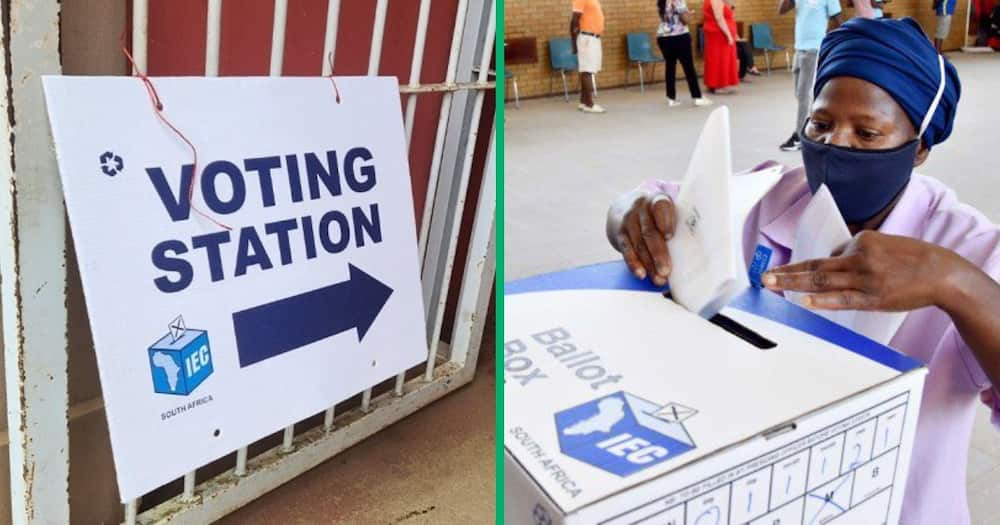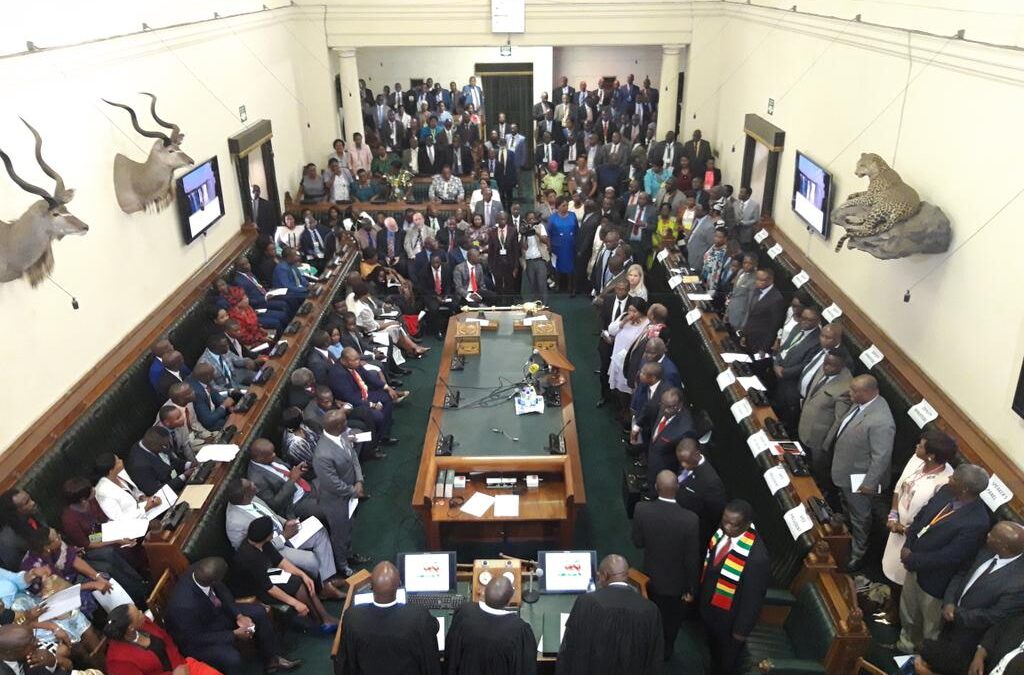Tsitsi Masiyiwa
Africa’s health financing gap amounts to at least $66 billion. When it comes to achieving the Sustainable Development Goal targets of delivering universal pre-primary, primary, and secondary education by 2030, Sub-Saharan African countries face a shortfall of $70 billion per year, on average. Remittances will not close these gaps, but they can go further.
Members of the African diaspora have often shared with me their desire to expand their giving beyond their immediate family or community. The problem, they explain, is that they do not know which local organizations they can trust. That is why credible actors should be connecting the diaspora with community-based organizations that need and deserve support.
measure the impact of remittances on communities are still needed. The challenge will be to find ways to capture, collate, and share people’s stories – of children educated, medication acquired, and crops planted thanks to diaspora giving – in a form that can guide decision-making.
Giving by the African diaspora might lack the structure and formality of traditional philanthropy, but it plays a central role in keeping people out of poverty and advancing community prosperity. Moreover, given the personal motivations behind it, diaspora finance is support people can count on. If philanthropic organizations commit to enhancing its impact, we might be surprised by what we can achieve.
Tsitsi Masiyiwa, Chair of Co-Impact and the END Fund, is Founder and Chair of the Higherlife Foundation and Delta Philanthropies





0 Comments